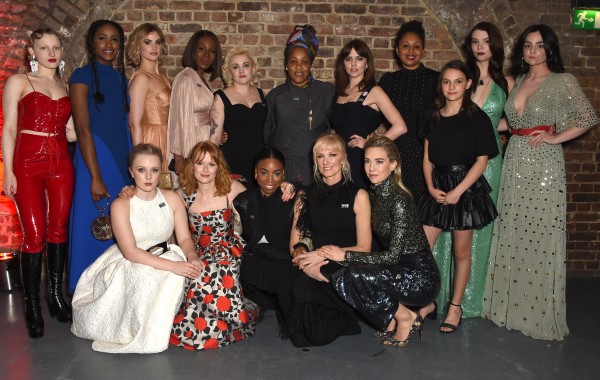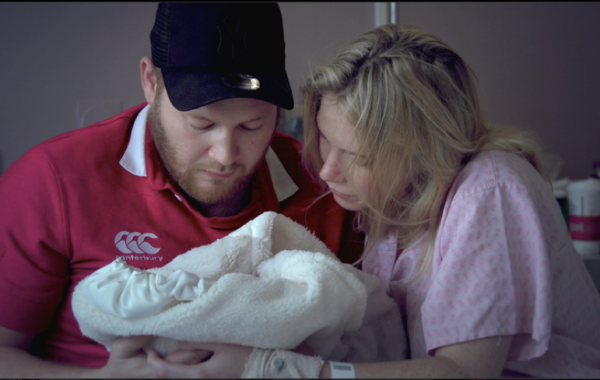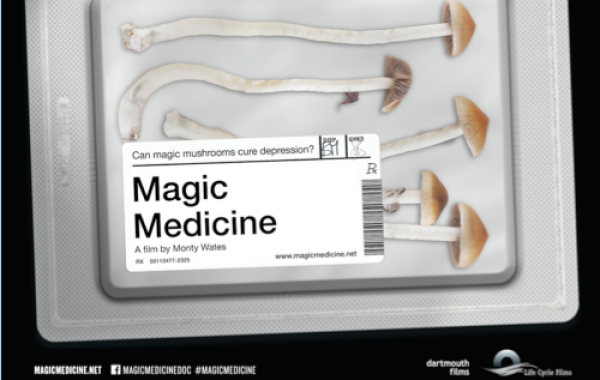State of the World’s Fathers Report launches today
Today sees the launch of the State of the World’s Fathers Report 2021, the fourth edition of the globally recognized, biennial report produced by Promundo, dedicated to changing power structures, policies, and social norms around care work and to advance gender equality.
The report reveals global data on men’s involvement in care work, hones in on COVID-19’s impact on unpaid care work, and investigates how national COVID-19 policies are advancing or impeding progress; and lays out a 7-point plan on how to achieve equality in care work.
-------------------------------------------------------------------------------------------------------------------
“It is perhaps a function of patriarchy and privilege that decision-makers with the position and power to address and remove these barriers – the majority of whom are men – do not generally see or understand the vital importance of care to our societies and our economies” - Gary Barker, report author and President & CEO of Promundo-US.
“Historically, pandemics have forced humans to break with the past and imagine their world anew. This one is no different. It is a portal, a gateway between one world and the next" - Arundhati Roy, 2020
It is worth keeping in mind the quotes above when considering the key findings of State of the World’s Fathers 2021 report, that the world is 92 years away from achieving equality in unpaid care work between men and women, no country in the world has achieved equality in unpaid care, and no country in the world has a policy or target date to achieve it.
Men’s full participation in care work is part of a necessary and urgent revolution to center care in economies, societies, and lives and to advance gender equality and this year’s State of the World’s Fathers report puts forward seven recommended actions to achieve a more caring, equitable, environmentally sustainable, liveable, and economically just world post-COVID-19; the recommendations are inspired by the vital work of feminists, women’s rights organizations, and social justice organizations around the world.
We all know that societies and economies depend on care, whether at home, in childcare or elder care, or in broader social structures and economies. However, care work has long been invisible, unpaid, or underpaid, and underfunded, and it is disproportionately performed by women. Globally, women do three to ten times more unpaid care and domestic work than men and also make up 70 percent of the paid, global care workforce.
COVID-19 has thrown these care inequalities into stark relief with women continuing to do the lion’s share and more. There has also been a well noted surge in domestic violence perpetrated by men against women during lockdown; and women have also faced disproportionate job losses, all told, adding new and undue strains on mental health, economic security, and physical wellbeing.
However, the report does note some good news: Men are participating more in care work during the pandemic. Surveys with women and men in 47 countries affirm that as a result of lockdowns, men have been doing more hands-on care work than any time in recent history, offering an opportunity to engage men in making that shift permanent – and sharing the care equally.
Many men, even prior to the pandemic, said they want to do more when it comes to raising their children. The State of the World’s Fathers 2019 report found that on average, across seven middle- and higher-income countries, 85 percent of men said they would “do whatever it takes to be very involved” in the early stages of caring for a newborn or adopted child but three major barriers hinder action: (1) the lack of adequate, paid paternity leave, and low take-up of leave when it is available; (2) restrictive gender norms that position care as women’s responsibility, alongside the perception of women as more competent caregivers than men; and (3) a lack of economic security and government support for all parents and caregivers.
While COVID-19 has obligated many men to spend more time at home, men’s presence in the home is not universally positive for households. While levels of men’s violence against women already high before the pandemic, data from 142 studies in 44 countries point to an alarming increase during COVID-19. Women with disabilities have been particularly at risk. Many countries, from France to Zimbabwe, Singapore to Cyprus, Argentina to Australia, reported that calls to domestic violence helplines doubled or tripled, while, at the same time services for survivors were being cut back.
In addition, there is evidence that the pandemic has led to an increase in online sexual harassment and abuse. Research before the pandemic found that male unemployment and economic stress can be a driver of violence, both of which have been widespread during lockdowns.
This latest State of the World’s Fathers report argues that achieving men’s greater participation in caregiving, necessarily involves both holding individual men accountable for their actions and, more crucially, transforming the structural factors that drive and influence the value of care in society and who undertakes that work. The report defines seven actions to realize these aims, which include changes in laws and policies, with adequate resourcing and clear implementation plans; changes in institutions, such as schools, workplaces, and health facilities, and the ways that they work; changes in culture, narratives, and gendered norms around care work; and changes in our public and private lives and livelihoods.
“It is perhaps a function of patriarchy and privilege that decision-makers with the position and power to address and remove these barriers – the majority of whom are men – do not generally see or understand the vital importance of care to our societies and our economies,” notes Gary Barker, report author and President & CEO of Promundo-US. “The encouraging news is that the impacts of COVID-19 have forced a historical reckoning with how the world prioritizes and supports care. A reckoning that we cannot afford to ignore.”
Download the full report HERE
Featured Work

Zak Ové
View Details
TIME’S UP UK
View Details
Channel 4
View Details



